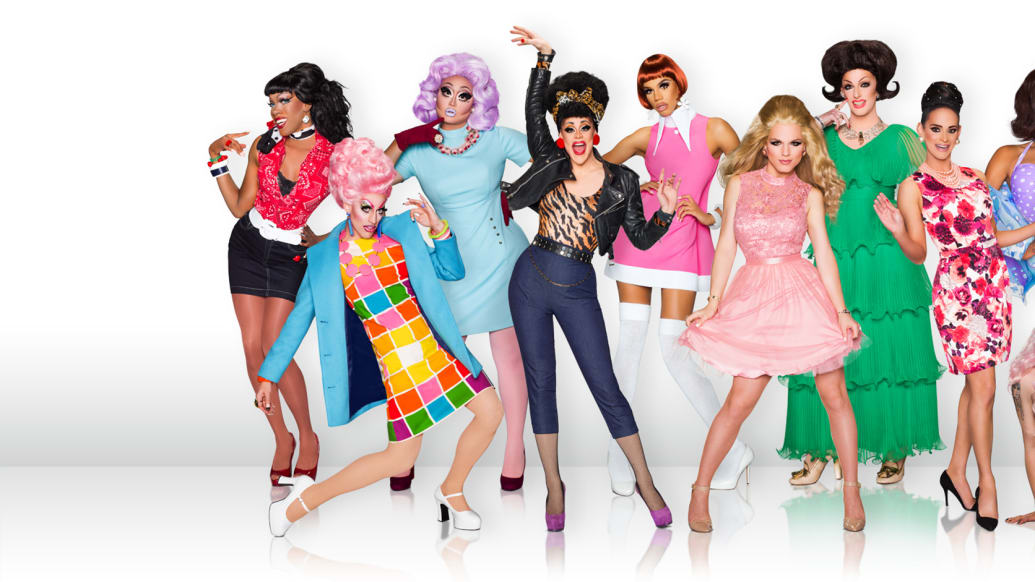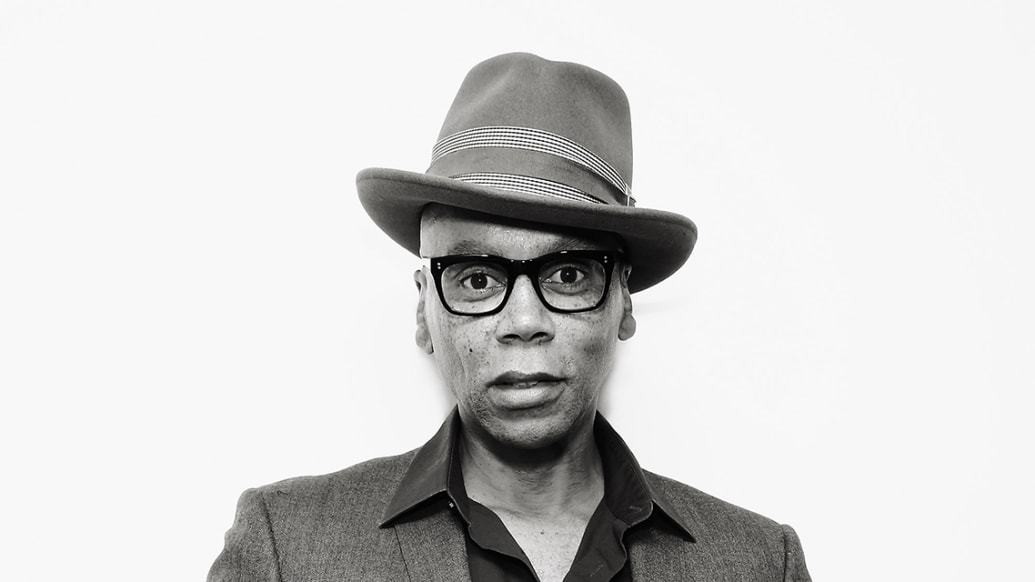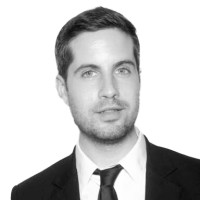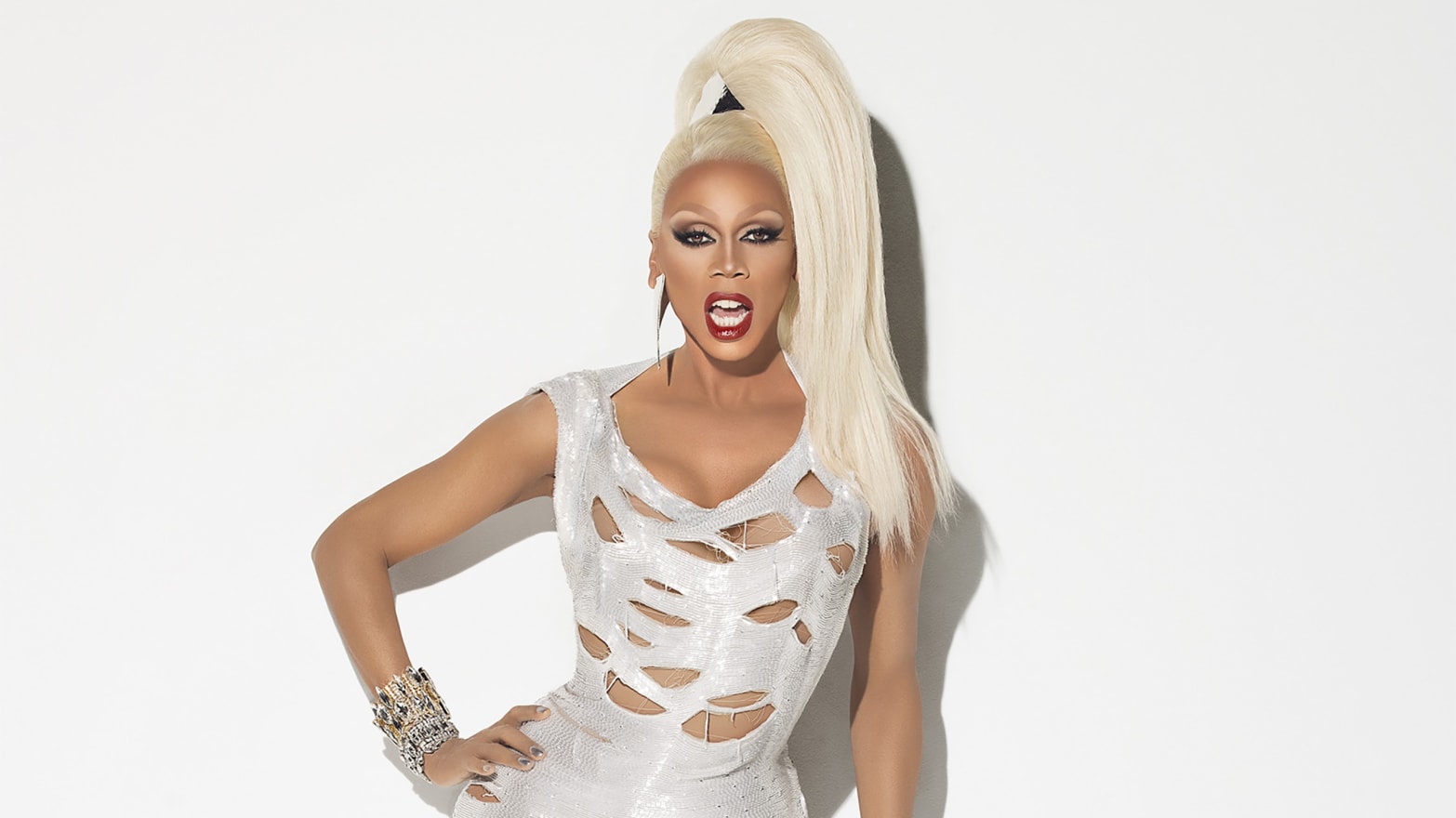“You don’t question the motherfucking queen, bitch.”
RuPaul Charles, at this point on a first-name basis with the world much like his fellow “Unapologetic Bitch,” Madonna, is nothing if not direct.
The host of RuPaul’s Drag Race—not to mention drag icon, activist, actor, recording artist, spiritual leader to a horde of fabulous worshippers, and, thanks to a recent, provocative as it was profound “real talk” interview with Vulture, the newest dream candidate for president—is on the phone the week after a rare and shocking elimination on his cult hit reality show.
Asked to explain the atypical twist, RuPaul concluded his answer bluntly. “Because the show’s called RuPaul’s Motherfucking Drag Race, bitch. I get to do whatever the fuck I want.”
It’s an intimidating-bordering-on-terrifying reaction to a question, to be sure, were it not for the warm cackle he immediately delivers to diffuse any heart attacks. After all, the pulsing heart of nurturing compassion underwriting RuPaul’s unabashed realness is the driving force of his nickname, Mama Ru.
Besides, this is the RuPaul who, since the 1992 release of “Supermodel (You Better Work)” has become the face of drag, launched a long-running talk show, and became a spokesperson for MAC Cosmetics 20 freaking years ago, at a time when any conversation about drag going mainstream would have gotten you murdered with shade.
To that end, RuPaul just celebrated the 100th episode of RuPaul’s Drag Race, now in the prime of its eighth popular-as-ever season, in an age when talent competitions are wheezing their last breaths. (So long, American Idol.)
So yes, to be fair, RuPaul can do “whatever the fuck” he wants.

Lately, that involves starting a new game show. Gay For Play, which he hosts and executive produces, launches Monday night on Logo and is, as he describes, a combination of Hollywood Squares, Match Game, Deal or No Deal, and the ’80s dance show Solid Gold. But, you know, for the gays, and those who love them.
(As Ru says on the show, “You don’t have to be gay to play. But it shore do help.”)
More than that, as becomes increasingly clear over the course of our conversation, what RuPaul motherfucking wants is to make an impact, to leave a little something behind should he ever sashay away to the catwalk in the sky.
He’s passionate about it, too, as soberly earnest as he was playfully intimidating at the start of our talk. “The fame, the money, all the stuff: after a while—I’ve been doing this 34 years—it’s about the legacy work,” he says.
Referencing the Drag Race contestants, he continues, “The legacy lives through these girls. And the kids who love the show and who have learned so much about themselves and about the history of the bohemian through our show.”
Make no mistake, Gay For Play is a very silly show—loud and giggly and naughty and campy and, because of all those things, a whole lot of fun. But it’s also part of that legacy. Watch an episode and listen to the language, the proud way the celebrity contestants talk so very, well, gay.
“We’ve seen this language being tapped into by mainstream culture everywhere,” RuPaul says.
He remembers when he first heard everyday people on the street saying, “You go girl!” and “Hey, girlfriend!” which has been taken “straight from gay vernacular.” It used to take about 10 years, he says, for the phrases “to get to Betty and Joe Beer Can, the masses,” but now because of social media the turnover is exponentially faster.

So with Gay For Play he thought, “You know what? We’ve seen other television shows take our vernacular and use what we’re doing to create new TV shows, so why not do it to ourselves? Why not take what we’re doing and turn it into something that is very aware of its base?”
And so you have celebrities like Amber Rose and Ross Matthews being quizzed about Meryl Streep and Shonda Rhimes shows, with innuendos and entendres abound. There are hot, mostly naked male dancers everywhere. Michelle Visage, as always, reigns queen.
In many ways, RuPaul expects the appeal of Gay For Play to mirror what has become one of the more powerful hooks of RuPaul’s Drag Race. Again, it’s that vernacular. It’s that language.
“We encrypt Drag Race with the secret language that kept gay people linked for many years before the ’80s,” he says. “Gay people had to be secretive. There was a certain way, a certain vernacular, a certain approach to pop culture that we maintained. We lost that in recent years, but we encrypt our shows with that secret language of our gay brothers and sisters past.”
And for all of the shade, reads, and spilled tea that defines any stellar season of RuPaul’s Drag Race, the show and Gay For Play share another crucial element—again, one that sets it apart from other talent competitions and game shows that populate TV.
There’s a palpable sense of fun that radiates from it. These people are enjoying themselves. In some ways, they feel free. The word that Ru uses: Joy.
“What’s happening is that these kids are outsiders, and they’re coming together with other outsiders on this show,” he says, speaking specifically about Drag Race.
Earlier in our conversation, he talks about the show being, at its core, about the “tenacity of the human spirit,” which is something that connects not just the contestants, but the fans who obsessively watch it as well. “Especially those who feel disenfranchised from society,” he says. “Like, wow, here is my tribe.”
He again brings up the secret code, the shared vernacular and shared spirit. “It’s why Judy Garland and Joan Crawford speak to us so much,” he says. “There’s a certain desperate, dark, painful element to these people that we can relate to. And in spite of that, they have overcome it and become glamorous, joyous, beautiful fun-loving people.”
He pauses again, breaking a rule of his not to think about the past and reflect. “Always think forward” is a rule of his, as is not to have any expectations, a lesson learned the hard way in three decades of show business.
And certainly, there’s no way he could have expected to launch the careers of 100 drag queens, or a fanbase that debates every lip sync, drag look, and challenge performance with rabid sincerity—some becoming encyclopedic scholars of the show’s history. (Not to mention who worship the show even if they’re given a disappointing Snatch Game episode.)
It’s the tribe, RuPaul says, that they’re all connecting to, whether they realize that or not.
“These are boys who were ostracized from everyone in the community and against all odds they were like, ‘Fuck it I’m going to do this anyway,’” he says. “They made all the way to RuPaul’s Fucking Drag Race and here they are. It’s so fucking awesome, I love it.”
On Monday night, the night that Gay For Play premieres, RuPaul will host the 107th episode of RuPaul’s Drag Race. And, for the 107th time, at least on Logo, he will preach his famous affirmation to end the episode: “If you can’t love yourself how the hell are you going to love somebody else? Can I get an amen?”
RuPaul has been saying that at every performance, not just on Drag Race, for 30 years, along with two other phrases he refers to as his doctrine: “Everybody say, ‘Love!’” and “You were born naked and the rest is drag.”
What is it like after all this time—34 years and 107 episodes—to say those words? Does he still feel them? Does the message change?
“The truth is that I say that every single time not for the audience,” he says. “I say it to remind myself.”
Again, he reflects. This time, back to when he was 14, maybe 15.
“I was going through such a hard time thinking, ‘I’m becoming a young adult, how am I going to manage this fucking mediocre hypocritical world? Well, Ru, the only way I can do this is to make a pact to never drink the Kool-Aid, to never join the matrix.”
Then RuPaul starts invoking the film Inception—I know, I was surprised, too.
Specifically, he references the totems that the characters in the film set to remind themselves that they’re in a dream. Ru has his totems, too. They’re those three phrases. His doctrine.
You’re born naked and the rest is drag: “Don’t believe the hype, don’t believe what it tells you on your driver’s license. You are an extension of the power that created this whole universe. Don’t forget it, and don’t take any of this bullshit too seriously, because it’s hypocritical and mediocre at best.”
The love yourself mantra, he says, is to remind you that it comes from the inside out.
The meaning behind “Everybody say, ‘Love!’” after our conversation, becomes more essential.
This is RuPaul, who began our interview with such—how should I say—verve. Whose interview with Vulture “clapped back” at (and for good reason): Ellen Degeneres, David Letterman, “the mainstream,” the Emmys, Lip Sync Battle, the relationship between the drag and trans communities, educating youths, political correctness, and the wigs in The Danish Girl.
Everybody say love, indeed.
“It’s a neutralizing mantra to say to everybody, ‘I come in peace,’” he says. “I come in peace. That’s why it’s important.”
Can I get an amen?

